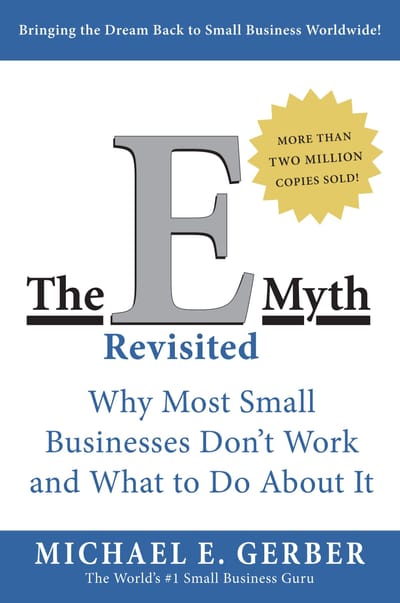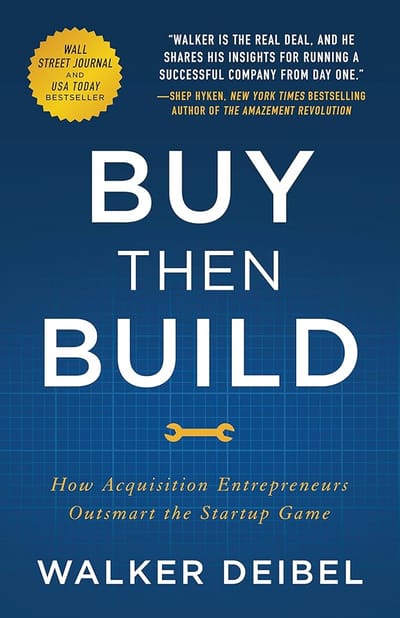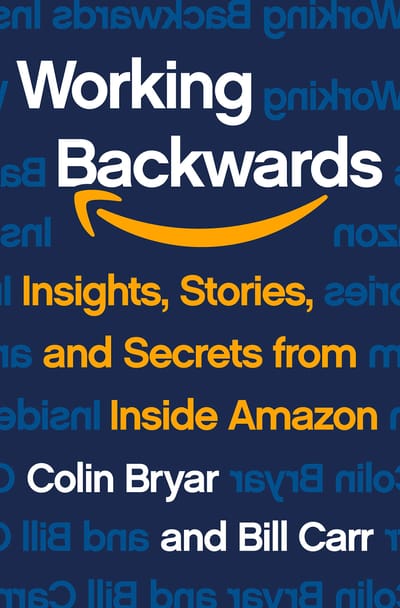Zero To One

I read Zero to One years ago, but its message really resonates differently now that I'm building SiteCurve. Thiel's core idea - that true innovation comes from creating something entirely new (0 to 1) rather than iterating on existing solutions (1 to n) - has deeply influenced my approach to building a SaaS in the SEO space.
While SiteCurve operates in the established SEO software market, we're taking a fundamentally different approach. Yes, we handle the essentials like keyword tracking and market share analysis - you have to get those right. But what's exciting is how we're reimagining data sharing in SEO. Users can publish their SEO data through what we call 'landscapes,' essentially open-sourcing their strategies. They can even monetize their landscapes, creating a first-of-its-kind marketplace for SEO insights. We've also integrated social features throughout the platform, so it feels more like a professional network than traditional SEO software.
I often describe SiteCurve as a fusion of Reddit, Ahrefs, and Similarweb. Following Thiel's strategy of 'starting small and dominating a niche,' we're focused exclusively on the SEO market rather than trying to boil the ocean. He talks about building a 'monopoly of the mind' by introducing new ways of thinking about problems - that's exactly what we're doing with our concept of 'landscapes.' Instead of viewing SEO as just rankings and metrics, we're getting people to think about it as interconnected ecosystems of competition and opportunity.
What we're building isn't entirely 0 to 1, I'll be transparent about that. But it's definitely not just another SEO tool. We're creating something new by combining competitive intelligence, professional networking, and knowledge sharing in ways that haven't been done before. It's a perfect example of another principle from Thiel's book - sometimes innovation comes not from inventing something from scratch, but from seeing unique connections and possibilities in combining existing elements
No spam, no sharing to third party. Only you and me.






